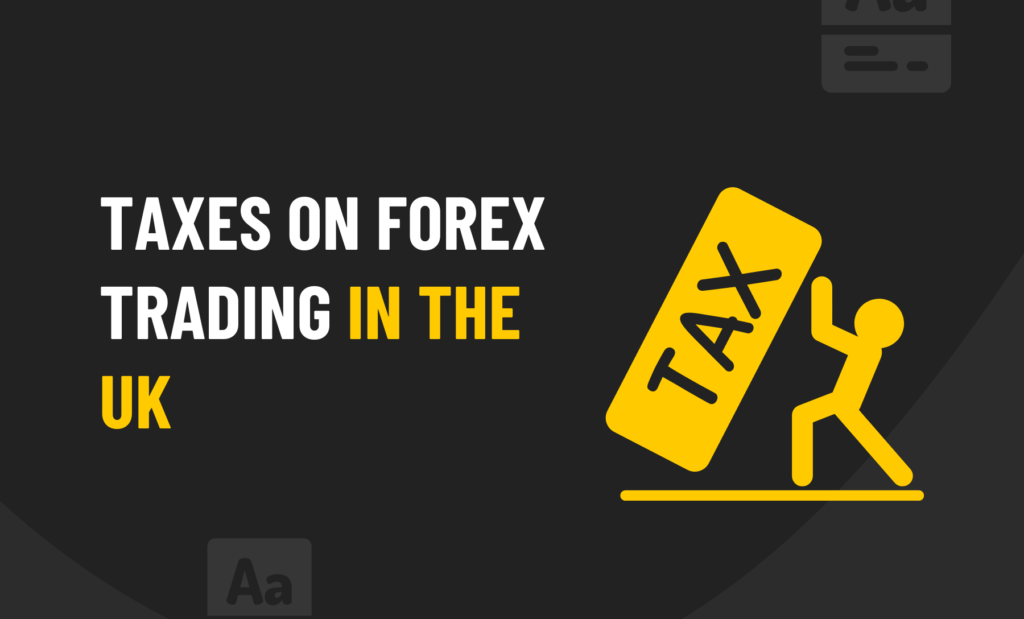
Source: Pixabay
There has been a lot of buzz around forex trading lately. It’s hardly surprising that many people are interested in forex trading, given the sector’s promising results.
For a beginner, the forex market is anything but simple. If you’ve never traded before, you’ll need to learn all the technical jargon before you can even begin comprehending the procedure!
Even with the difficulties in the initial months, a successful career in forex trading is still attainable. A few traders have already achieved great success.
There are many factors to consider if you want to make FX trading your new career. Among them is paying taxes.
Taxes will act as an extra cost to your business, so you need to be prepared for them. You’ll also need to know how they work to avoid breaking any tax laws!
To help you out, we’ve put together and explained the most important UK laws on tax in forex trading.
Tax on Trading as Your Primary Source of Income
You will be classified as self-employed if trading is your principal source of income. This implies that taxation will operate similarly to any other personal business.
You will need to register with HMRC and disclose your gains or income. All profits beyond the threshold, which is now £12,570 per year, will be subject to income tax.
Tax on Trading for Extra Cash
The trading allowance will cover you if you are trading for a little more income on the side. Trading allows you to make an extra £1000 each year tax-free.
If you make more than £1000 per year as a side income, anything beyond that is taxed at ordinary income tax rates.
UK taxation of spread betting and CFDs
If you prefer spread betting in your forex trading, there is some excellent news for you. Spread bets are not taxed in the United Kingdom so that you may keep all your gains.
Spread betting is officially considered gambling, which explains why. Furthermore, because you do not own the assets you are dealing with, you are exempt from stamp duty and capital gains tax.
With CFDs, you must consider capital gains tax, which is a little different. Even though there is no stamp duty, you will still be required to pay a certain sum of capital gains tax.
Things to Consider
You should always be prepared for taxes. In your trading journals, it’s a good idea to apply taxes as part of your costs. If you’re looking to grow a larger trading account, you should know how any tax will slow your process.
One thing you should remember is your expenses. Some traders quickly declare their revenue as their profits to the HMRC. However, it would be best to remember to account for your costs as a trader!
If trading is your primary source of income, you’re allowed to account for expenses. This means anything you’ve spent exclusively and necessarily on your trading career.




